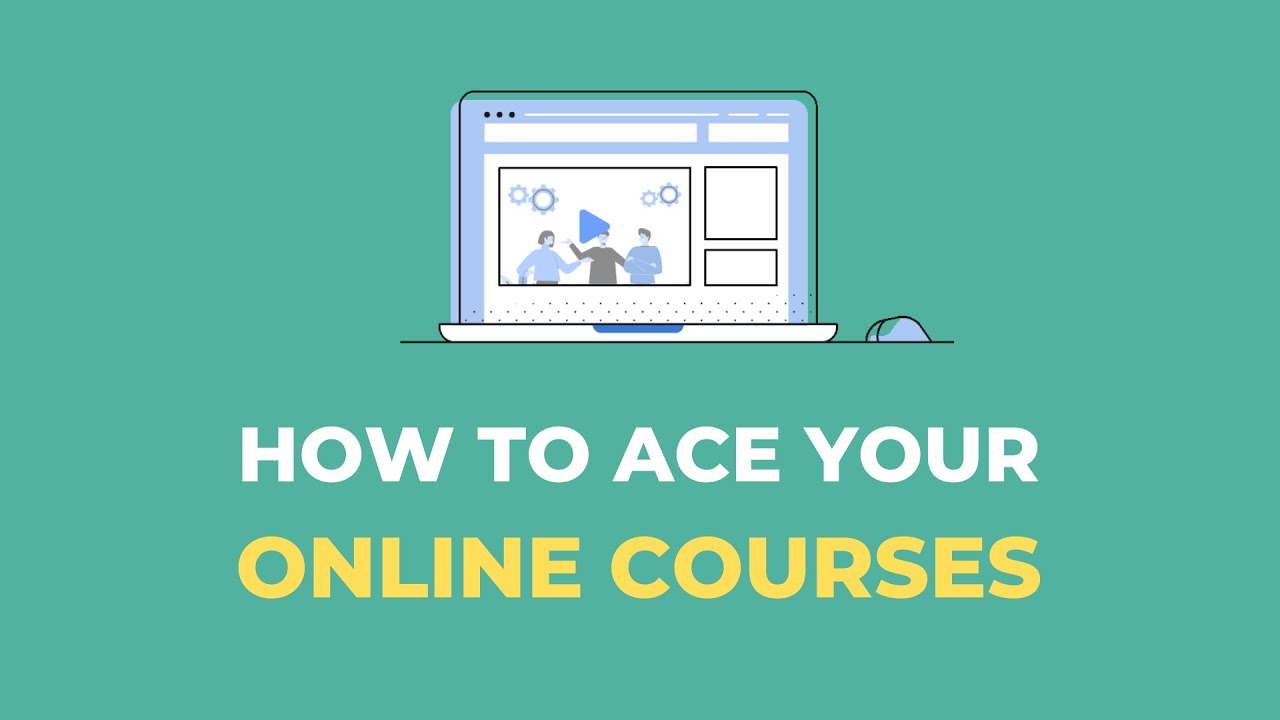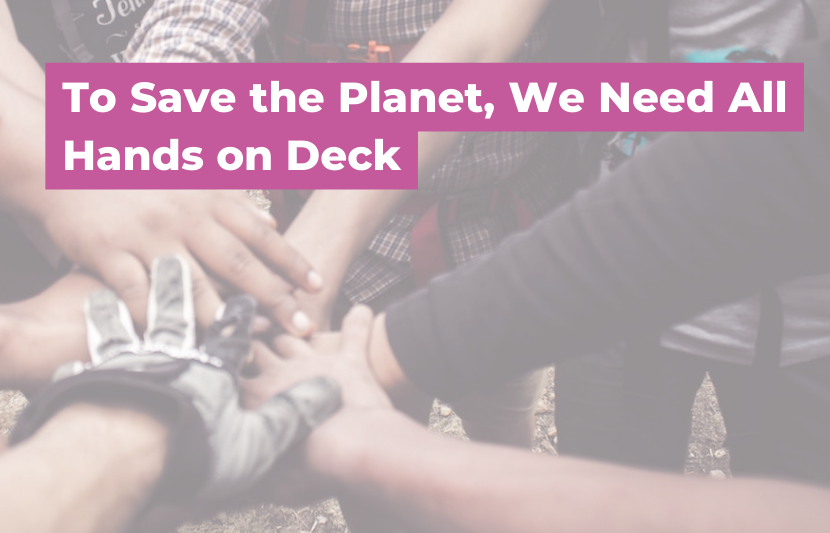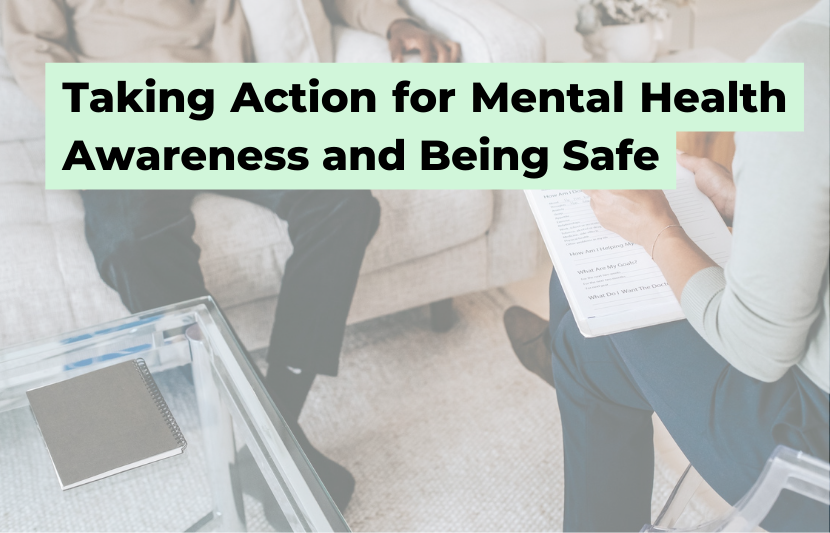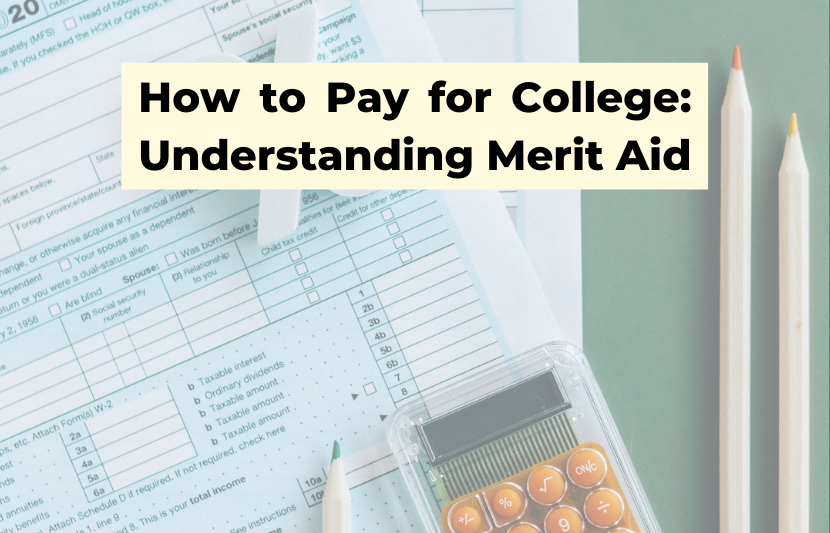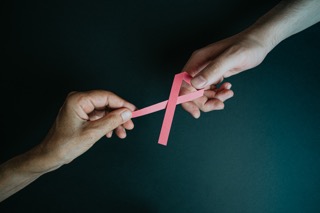In this episode of TUN TV, Dr. Crystal Rose interviews Dr. Loren M. Hill, founder of The Acclivity, about imposter syndrome.
Dr. Rose: Welcome to The University Network TV where we scan the globe to give students, their families, and educators the very best tips for student success. I’m your host today, Dr. Crystal Rose. On this college consulting show, we’re exploring the hidden curriculum in our series on “Academic Navigation: Dealing with Imposter Syndrome, Part One.”
What is imposter syndrome? Feeling out of place like you don’t belong but you do. It’s complex. It’s associated with a higher level of attrition, with students dropping out. Maybe you’ve experienced this. But do you know how to navigate this experience to get what you need? To see yourself with different eyes that you do belong?
For this series, we’ve invited a very special guest, Dr. Loren M. Hill. She is dedicated to helping others achieve their highest potential through her company The Acclivity.
Welcome, Dr. Hill.
Dr. Hill: Thank you so much, Dr. Rose. It’s my pleasure to be here with you today.
Dr. Rose: Thank you for joining the show with this timely topic “Imposter Syndrome, Part One.” How would you define imposter syndrome broadly?
Dr. Hill: There’s lots of research currently about imposter syndrome, but what people may not realize is that the research in this area started in the 1970s with women. Sometimes you’ll hear it as imposter syndrome and sometimes you’ll hear it as an imposter phenomenon. It really is about feeling like you’re in a space where you don’t deserve to be, even though everything else may point to your deserving to be there. You really start to feel inadequate, like you don’t measure up, we know there’s not a space for me here, I don’t see anybody else who looks like me here. So, that can be very daunting.
Dr. Rose: You shared a bit for situations that could exacerbate this feeling of not belonging, particularly when in academia. But what are some of the other situations that could really make this feeling worse?
Dr. Hill: Some of the other situations that can make it worse are when you really don’t have support. So, it could be in higher education. It could be in the classroom. It could be in the corporate room. It could be in any space, particularly if you’re one of the marginalized populations, that you then start to say, “Wow, I don’t know if this was created for me and I don’t even know if I belong here.”
And then, the environment may do some things that don’t support you. You don’t have an ally in the room. You don’t have anyone calling out certain injustices and so this can exacerbate it.
Dr. Rose: What are some of the common reactions with students facing these feelings you called imposter phenomenon or even imposter syndrome?
Dr. Hill: Some of the common things that happen are that people will withdraw. You start to turn inward. You feel like, “I don’t belong here.” You’re questioning yourself. You just don’t see any support and then you just say, “You know what, maybe I shouldn’t be here at all.”
Dr. Rose: And what are the dangers?
Dr. Hill: Well, the dangers for the individual are that your self-esteem may be impacted. You start to question everything you do, and I would say that there’s some mental health outcomes that are negative. But even globally, Dr. Rose, if you are silent and you leave, then the place misses out on your contribution – whether that’s the classroom, the boardroom, the Faculty Senate. If you are not there, then your contribution is totally missed.
Dr. Rose: Very impressive. Thank you for sharing with us the breadth and depth of how this can happen – the different types of experiences. So people, if you are experiencing this, stay tuned to Part Two. We have some tangible ways to address this. Thank you, Dr. Hill, for this excellent discussion.
Dr. Hill: Thank you so much, Dr. Rose.
Dr. Rose: Can’t wait for Part Two. And thank you very much for joining us on this episode of The University Network’s television show. I’m your host, Dr. Crystal Rose. Until next time on TUN TV.
This interview has been edited for clarity.
For more exclusive interviews with experts who share their insight to help students succeed, check TUN TV!
Related:

